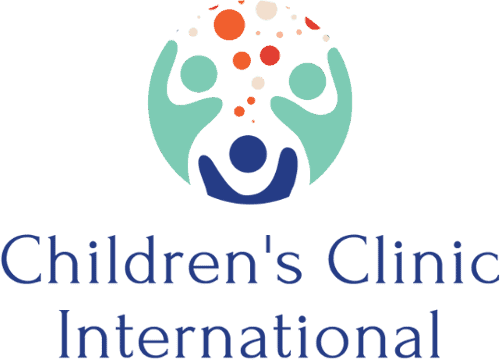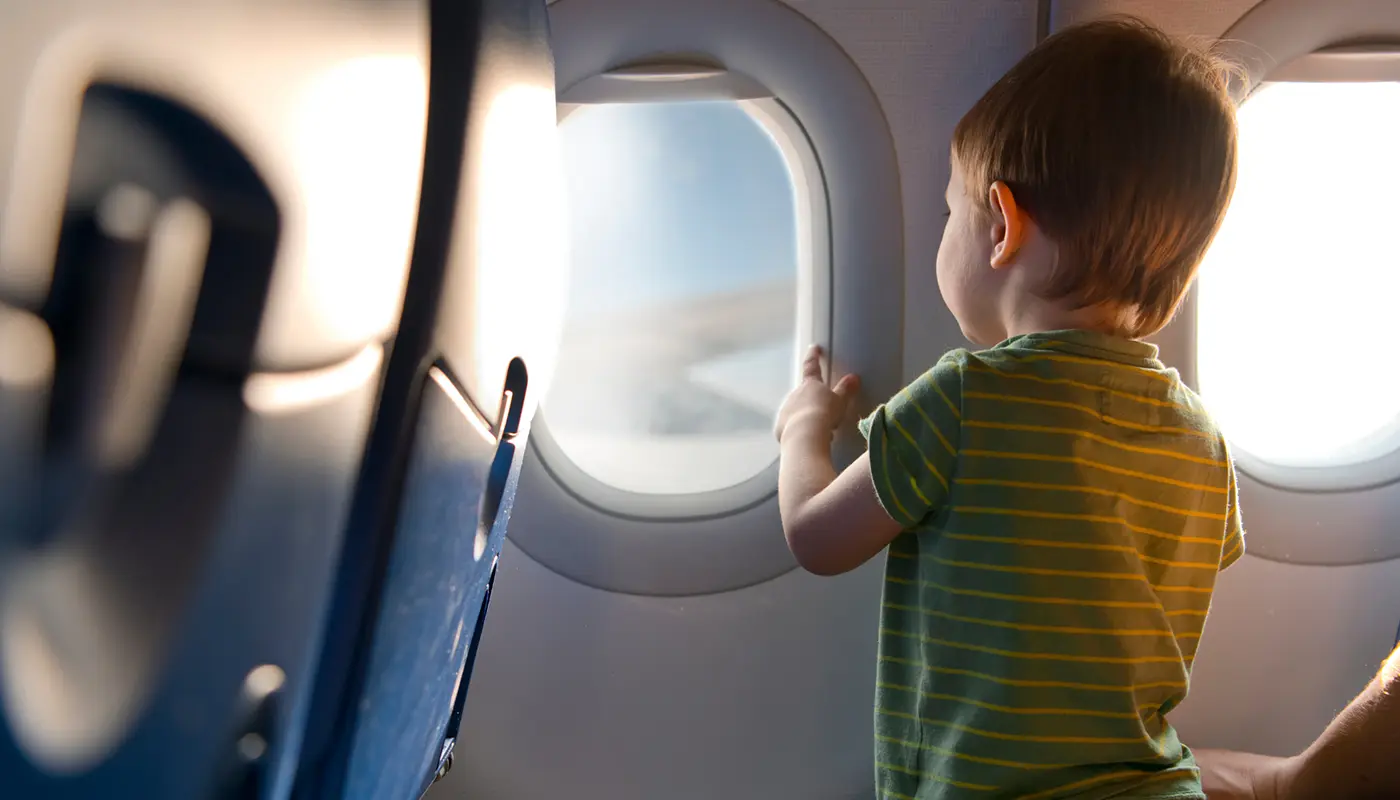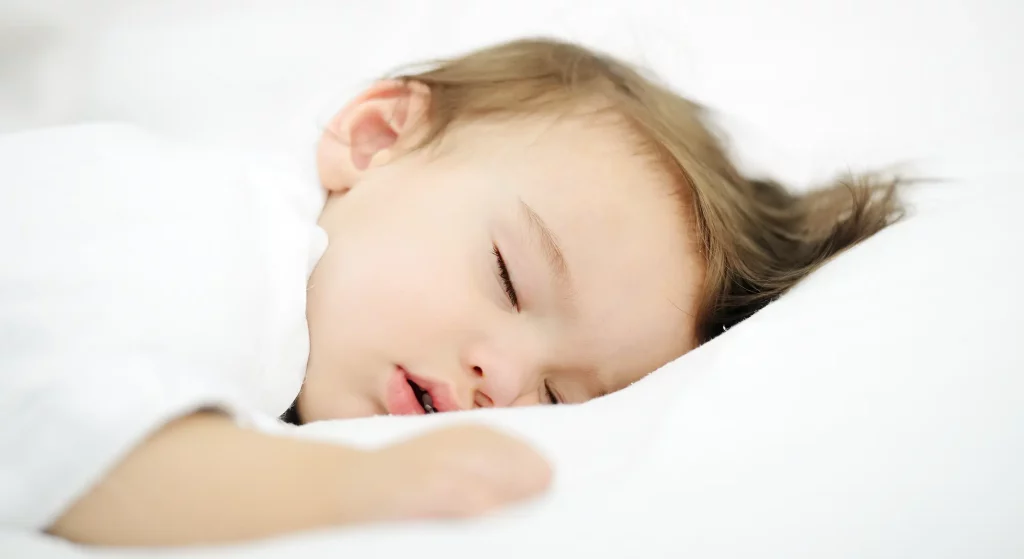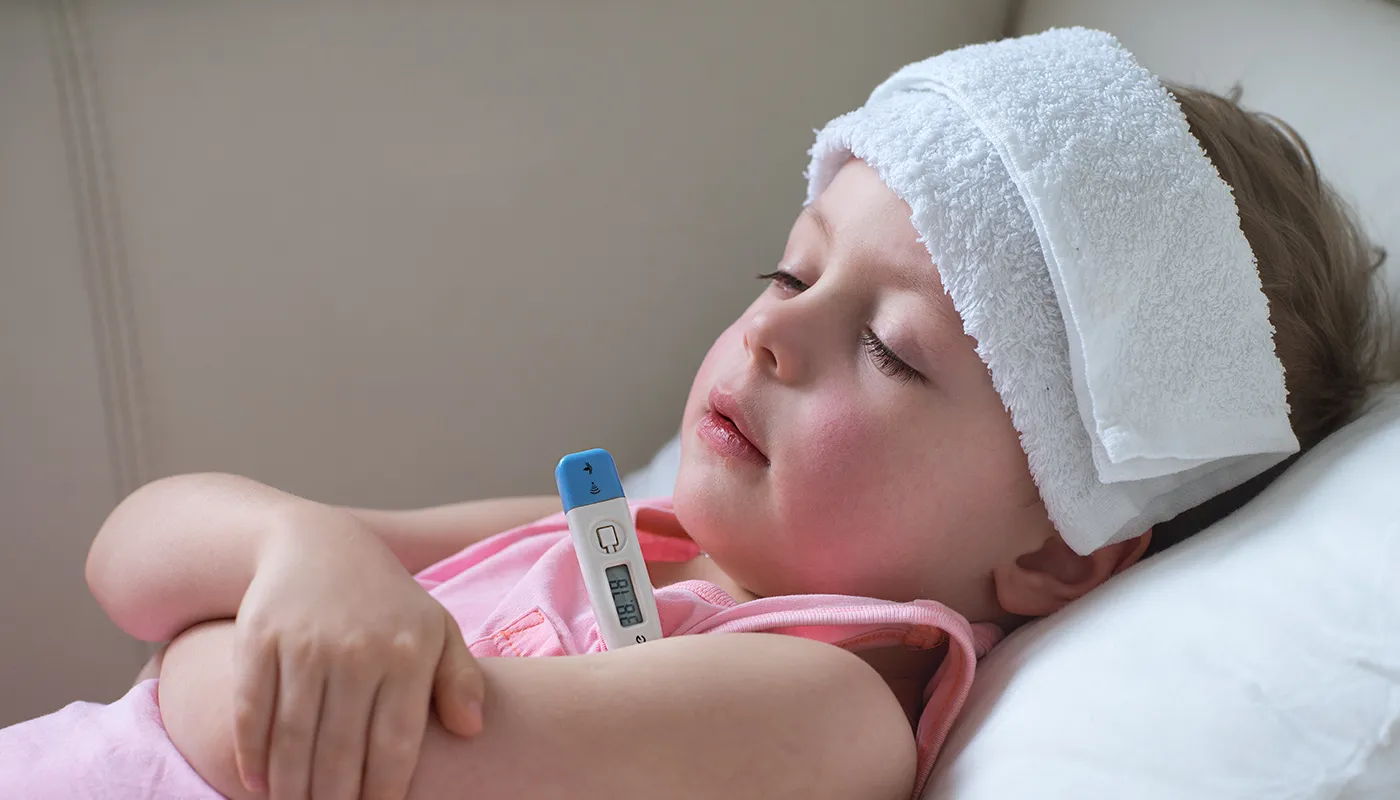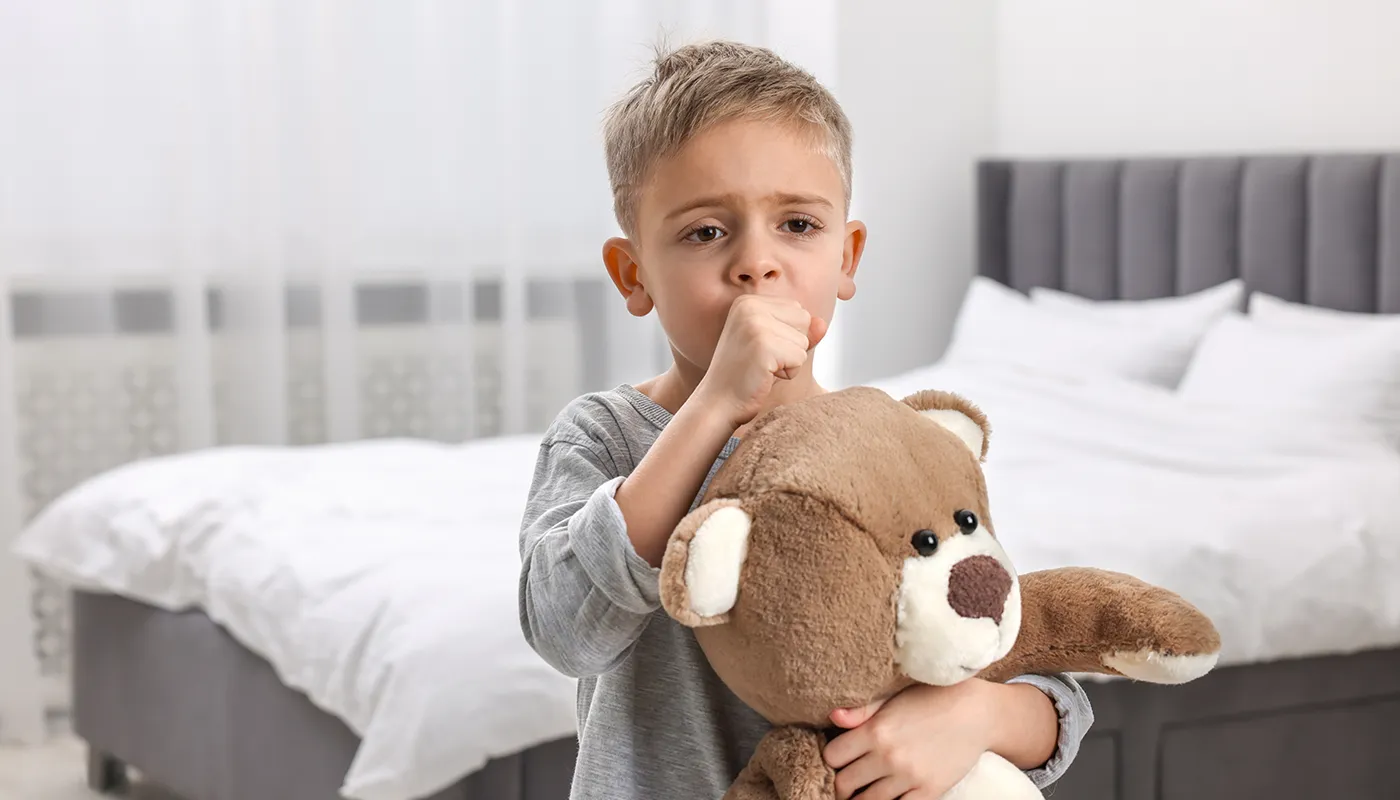Do Medications Help with Jet Lag?
Some medications may help, but it’s controversial. It is also generally not recommended to give children any sedating medications on a flight. Common antihistamines like Chlormine, Benadryl, or Phenergan are used to make children drowsy, but they sometimes make children hyperactive instead.
